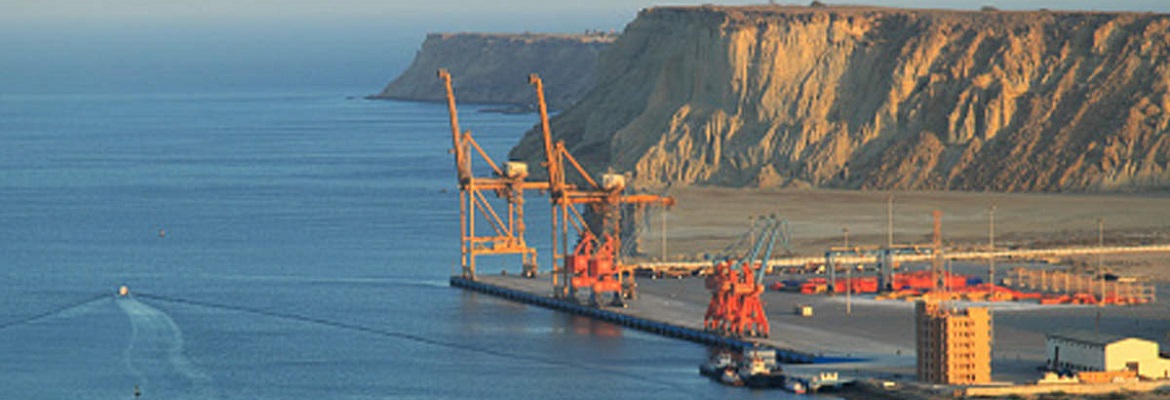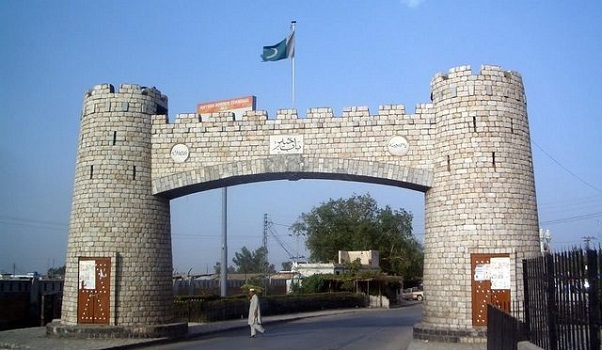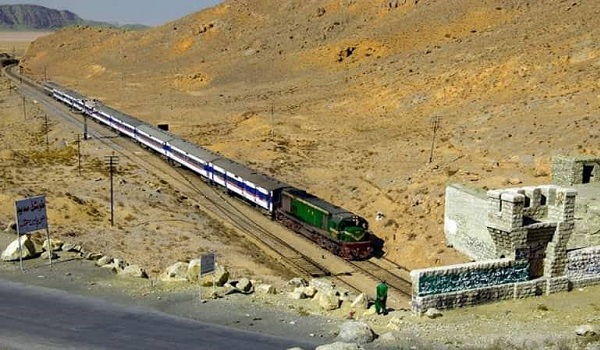Islamabad: The energy situation in Gwadar is improving due to a growing shift towards solar power. Muhammad Baloch, who operates a business in Gwadar’s Dashti market, the city’s main electronics and solar hub, reported a 60% increase in solar system sales throughout 2024. “Chinese brands are particularly popular due to their cost-effectiveness compared to other foreign brands,” Baloch stated, highlighting a noticeable rise in revenue.
This growth in solar adoption is not a recent development but a result of ongoing energy shortages in Gwadar. The local market now offers a sufficient supply of high-quality solar panels, kits, and batteries, fueling this trend. Baloch credited the Chinese government’s donation of solar systems in 2021 for significantly boosting local interest. “The public response to the donation was overwhelmingly positive, and it helped drive the shift toward solar energy in Gwadar,” he added.
Read: Gwadar hosts inauguration of Ban Mo Academy to bridge skills gap
As China popularized solar systems in Gwadar’s underserved areas, residents recognized that off-grid solar power could address the region’s electricity issues. An official from the Gwadar Chamber of Commerce and Industry noted that solar panel sales are surging, with both residential and commercial buildings adopting solar systems.
In 2021, the Chinese Embassy in Pakistan collaborated with China’s Ministry of Ecology and Environment to donate 4,000 solar photovoltaic systems and LED lights to the region. Additionally, a project by China Communications Construction Company and the Chinese Consulate in Karachi illuminated the main streets and public spaces in Gwadar.
With rising electricity costs, consumers and businesses are turning to solar energy as a cost-effective and reliable alternative. This shift is reshaping Pakistan’s energy landscape.
Meanwhile, the Pakistani government plans to collaborate with Chinese companies to manufacture solar panels locally. This initiative is part of Pakistan’s efforts to promote green energy and reduce its $27 billion annual import bill. The Alternate Energy Development Board has finalized a 10-year policy to support solar panel and equipment manufacturing.
Read: China calls for RMB pilot project in Gwadar to cut forex costs
The government aims to install 9.7GW of renewable energy capacity by 2030, with support from China. In 2024, Prime Minister Shahbaz Sharif established a task force to promote solar energy initiatives as part of Pakistan’s commitment to sustainable and green energy solutions.








